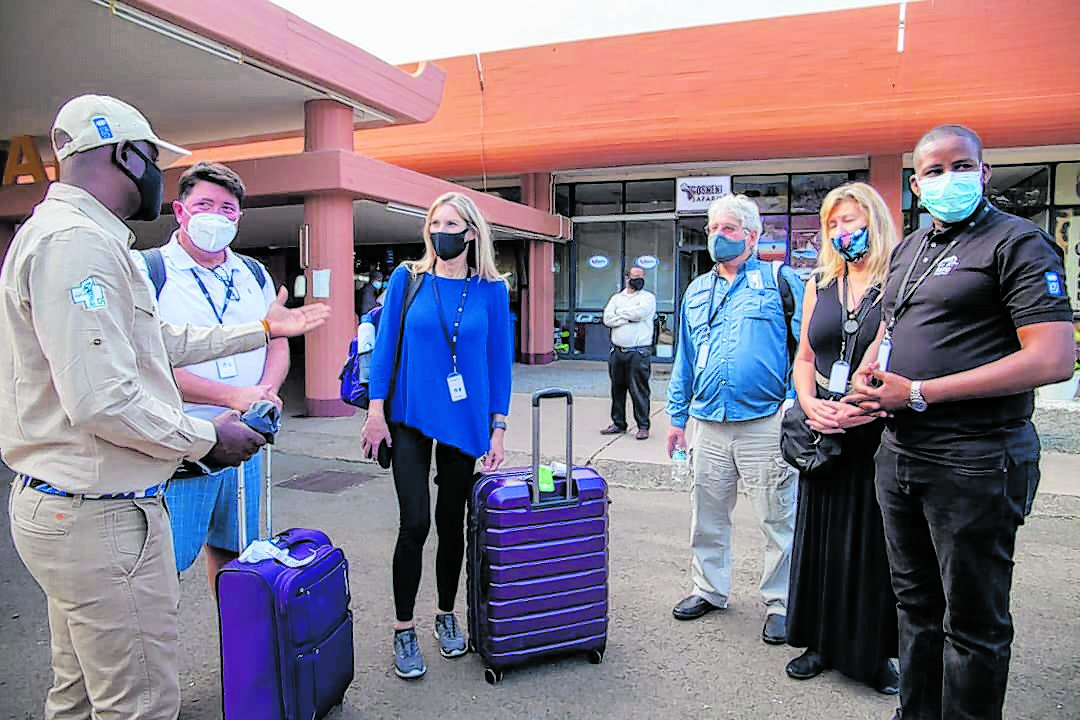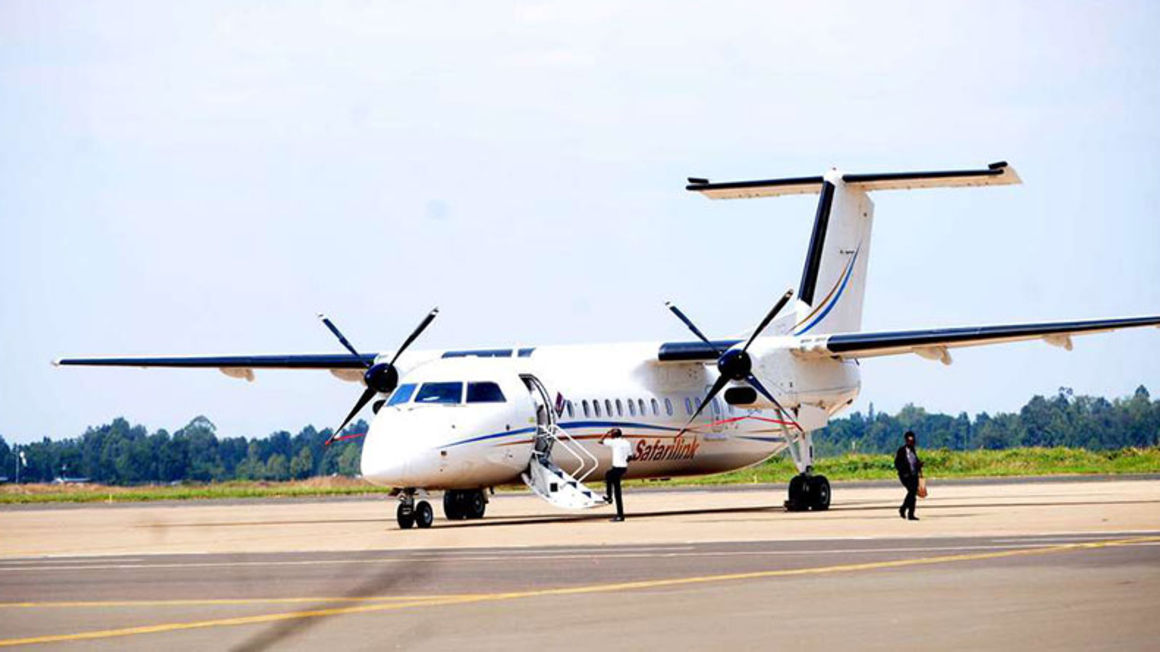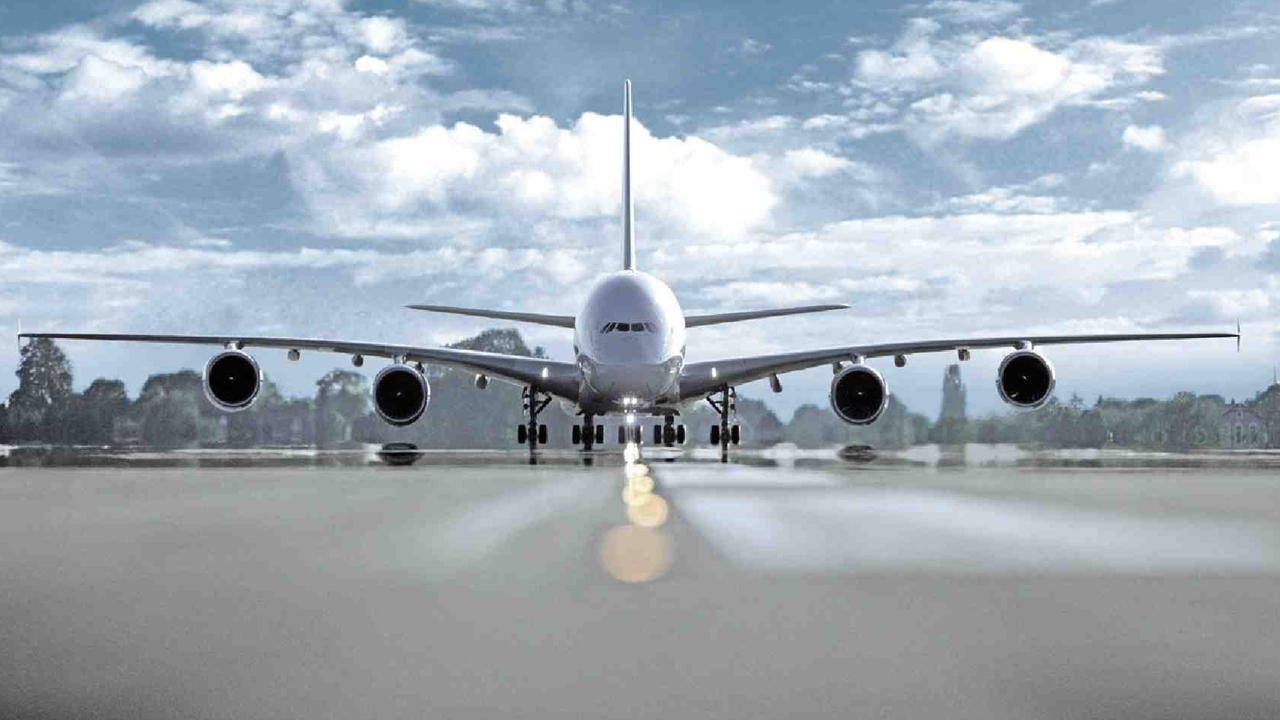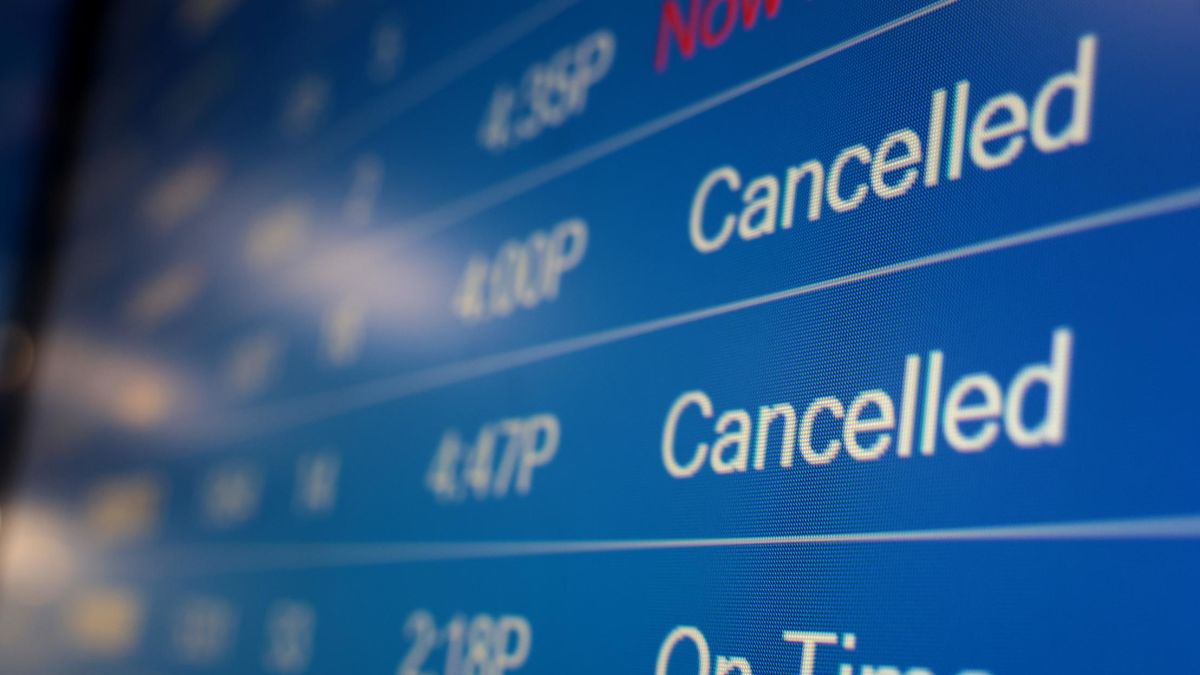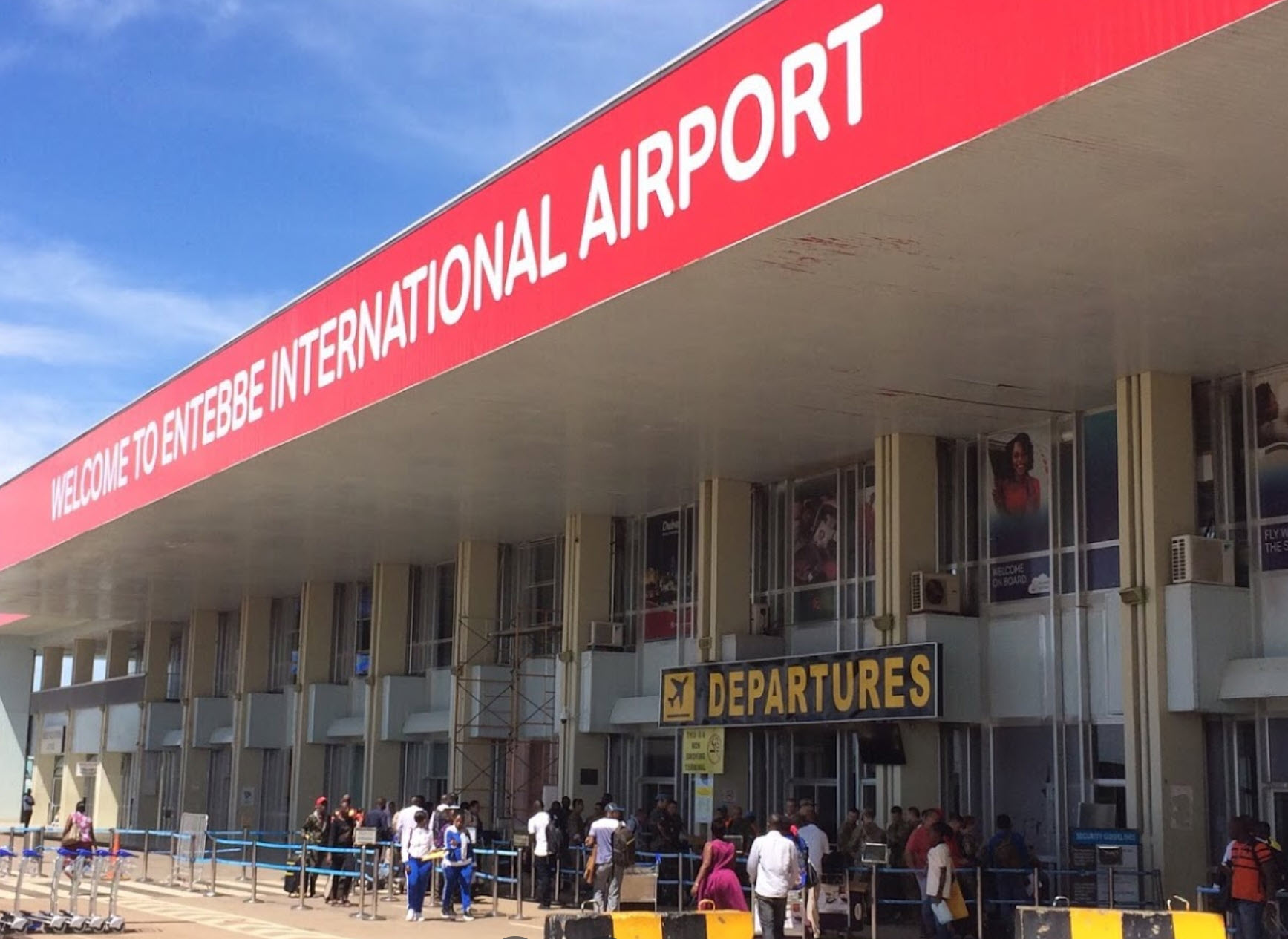Dar es Salaam. The Controller and Auditor General (CAG) has revealed the presence of unregistered tourism operators in the sector due to ineffective registration and licensing by the ministry of Natural Resources and Tourism (MNRT).
The CAG, Mr Charles Kichere in the 2020/21 performance audit report on the development and promotion of Tanzania’s tourism sector says that the MNRT had unrealistic targets for registration and licensing.
Report says the CAG interview with tourism officials indicated the presence of tourism operators who conduct their business without being registered by the MNRT.
It says most operators including those engaged in provision of accommodation facilities and most other businesses do not have physical offices and addresses, hence making it difficult to track their activities. “Similarly, interviewed tourism police officers stated that, there were cases of unregistered companies that are doing tourism business, with some of them claimed to be involved in criminal cases,” reads part of the report.
Furthermore, the report says that around 199 cases of unregistered companies were submitted to MNRT by tourism police, noting that upon verification 50 companies were confirmed to operate without registration. Reviewing fraud incidents, the report says that 12 online companies operated without registration and unlawfully obtained money by arranging tour visits from potential visitors/customers who directly communicated with them.
“Report indicated that, cases of such companies who obtained money fraudulently from visitors who contacted those companies directly was estimated to be more than $59,580 which is equivalent to Sh137 million,” reads part of report.
Report warns that presence of unregistered tourism operators pose a huge risk of provision of unqualified or substandard services as well as fraud incidents to visitors.
“Also, the image of the country in the tourism sector will be distorted if MNRT does not improve its enforcement in enhancing registration of tourism facilities and activities,” according to the report.
Regarding registration and licensing targets, the report says that the MNRT Strategic Plan 2016/17 to 2020/21 targeted registration of 2,051 tourism business operators.
However, according to an analysis of annual implementation reports from 2016/17 to 2020/21, MNRT was found to have registered and licensed 9,431 tourism facilities, which is equivalent to 460 percent of the target.
“This implies that MNRT had an unrealistic target for registration and licensing of tour operators since the target was achieved by 460 percent,” according to the report.
Availed data for auditing shows that registration of tourism facilities and activities increased from 1,269 in 2016/17 to 2,231 in 2020/21, but the number declined from 1,869 in 2017/18 to 540 in 2018/19.
According to the report, the decline could have been caused by failure to carry analysis to projected realistic numbers of registration and licensing targets.
Underestimated targets make it difficult to measure the performance of the MNRT.
Source: The Citizen

